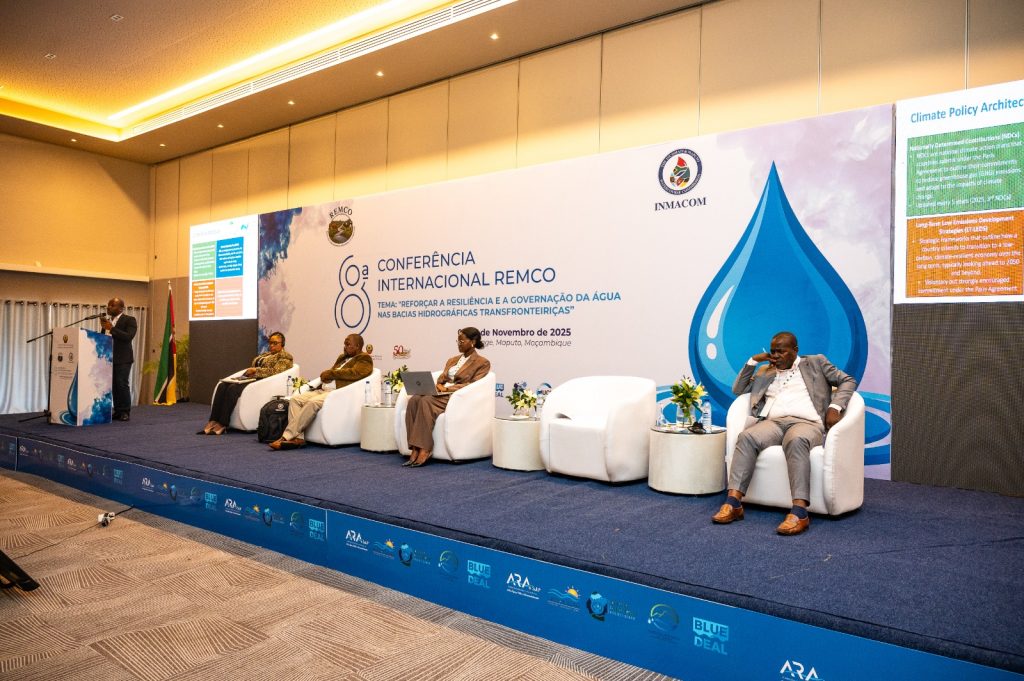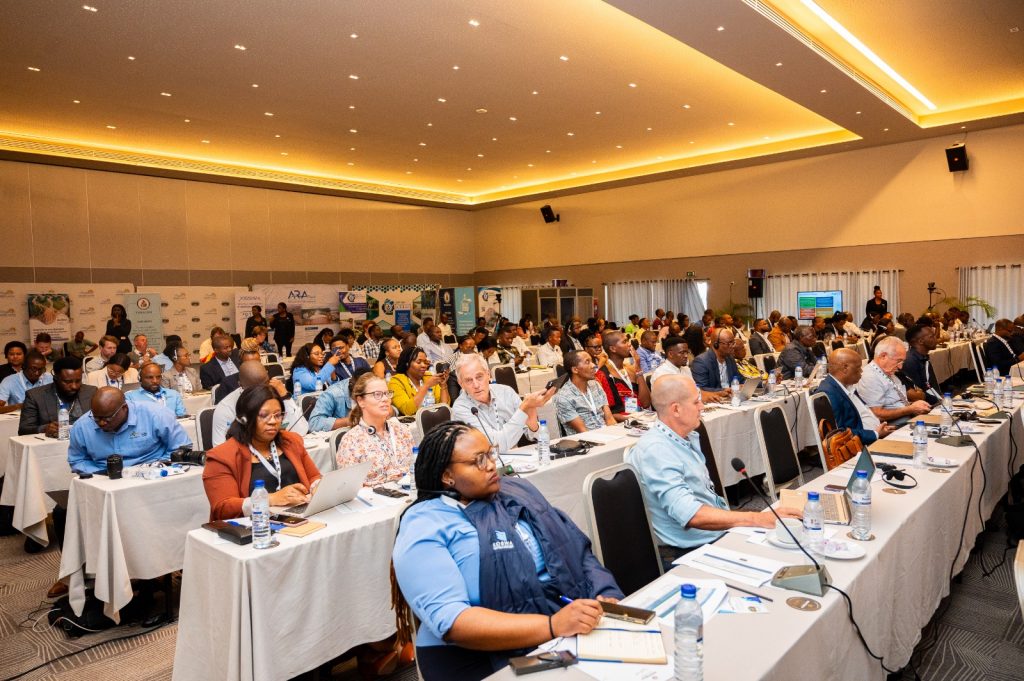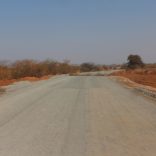COP30: Mozambique’s President calls for environmental justice for vulnerable nations, highlights ...
Mozambique: Strengthened measures crucial to address drought in river basins

Photo: ARA-Sul,IP
The Mozambican Ministry of Public Works has called for integrated and strengthened measures to manage river basins in order to address effectively drought, climate change and pollution.
According to Hélio Banze, Permanent Secretary of the Ministry of Public Works, speaking on Tuesday at an International Conference in Maputo held under the slogan “Strengthening Resilience and Water Governance in Transboundary River Basins”, the county is facing challenges in terms of water quality for agricultural development and other uses.
“We need to ensure that the water entering our territory meets the recommended standards”, Chongo said. “We need to monitor the river basins in terms not only of the amount of water we are receiving and the impacts this may have, but also in terms of water quality”.
The conference is held by the International Network for Basin Organizations (REMCO), which is an organization focused on transboundary water management.


Banze explained that it is urgent to strengthen cooperation in the management of river basins shared across borders between Mozambique, South Africa and Eswatini to better respond to the challenges of water resource management.
“For Mozambique, sustainable management and sharing of water resources is a matter of national survival and regional integration. Our country is downstream in eight of the nine shared basins within SADC (Southern African Development Community), and more than 90 per cent of the floods recorded in Mozambique occur in shared river basins”, he said.
This reality, he explained, makes cross-border pressure a strategic priority for the government, enshrined in its Water Policy and National Water Resources Management Strategy.
For his part, Edgar Chongo, director of the Southern Regional Water Board (ARA-SUL), said that protecting water resources means protecting lives, economies and the futures of communities.
“Our region faces growing challenges of water scarcity, cyclical flooding and pressure on water ecosystems, which requires us to be more robust and inclusive in our preparedness”, he said.













Leave a Reply
Be the First to Comment!
You must be logged in to post a comment.
You must be logged in to post a comment.